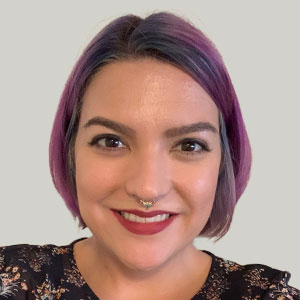Telomerase studies led Collins to discoveries in genetic elements
Almost half the human genome owes its origin to retroelements — components of the eukaryotic genome capable of mobilizing via an RNA intermediate to other portions of genetic DNA, where they can be inserted.
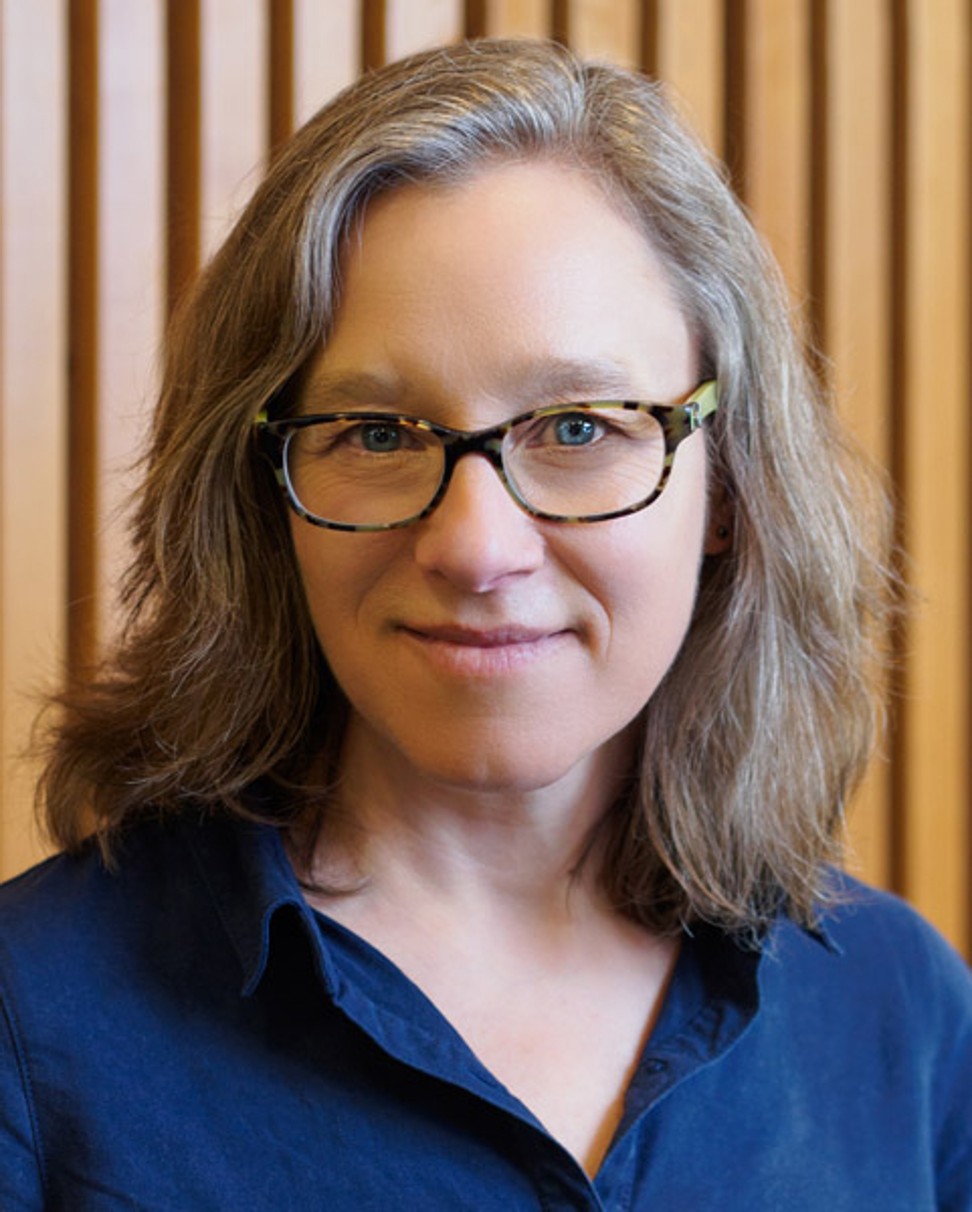
After two and a half decades of research on telomerase, the enzyme responsible for maintaining telomeric DNA integrity during replication, Kathleen Collins at the University of California, Berkeley, expanded her research to focus on genetic retroelements in eukaryotes. Collins’ journey into this largely unexplored field began about five years ago, after she and her colleagues reached long-sought insights in their telomerase research.
“Our time studying telomerase provided us expertise, for example, a better understanding of protein–RNA interactions,” Collins said, “and we wanted to know if we can answer questions about retroelements using our knowledge of telomerase.”
For her contributions to telomerase and the RNA field, Collins will receive the American Society for Biochemistry and Molecular Biology’s 2022 Earl and Thressa Stadtman Distinguished Scientist Award, which recognizes outstanding achievements in basic research.
Collins comes from a family of academics; however, her interest in biology emerged from a love of science, technology, engineering and math as well as learning and the pursuit of truth. As a researcher and educator, Collins encourages her students to place themselves continuously in the way of information — for example, at conferences and office hours or with experts and peers — because a person never knows where their best lessons will come from.
“The number of insights I have had in my work that came from lecturing or preparing to teach, are huge,” she said. “It’s why I believe teaching and research go so well together.”
As a mentor, Collins enjoys sharing advice; she motivates her students to put themselves out there with regard to science, reminding them that they needn’t be shy or worry about imposing as long as they are respectful. One motto she shares with students: “No question is too stupid, except one that goes unasked.”
Investigating retroelements in the eukaryotic genome
In the context of evolution, retroelements can be described as opportunistic genetic elements that carry themselves as passengers in the genomes of their hosts. As humans evolved, these elements were silenced to maintain the integrity of our genome; however, a large number still exist in our DNA.
After many years investigating the enzyme telomerase, including its specific mechanisms on the chromosome, Kathleen Collins and her lab noticed its connection to retroelements.
“It’s crucial to think of telomerase as a ribonucleoprotein because it is a co-folding protein and RNA mixture,” Collins said. “Telomerase is the non-selfish version compared to what we see with eukaryotic retroelements.”
Collins’ lab is paving the way in eukaryotic retroelement research, focusing in particular on non–long terminal repeat retroelement reverse transcriptases and their ribonucleoprotein complexes. Collins hopes to harness the targeting specificity observed in these enzymes for future use in gene therapy.
In addition to her funding sources, Collins attributes her research success to her lab members and to the Berkeley innovation and entrepreneurship ecosystem.
2022 ASBMB award winners
Lea Michel, ASBMB Early Career Leadership Award
Marlene Belfort, ASBMB Mid-Career Leadership Award
Michael Airola, Walter A. Shaw Young Investigator Award in Lipid Research
Alex Toker, Avanti Award in Lipids
Tatyana Sharpee, Delano Award for Computational Biosciences
Tracy Johnson, Ruth Kisrchstein Diversity in Science Award
Martin Bollinger, William C. Rose Award
Joe Provost, ASBMB Award for Exemplary Contributions to Education
Walther and Robert Farese Jr., ASBMB–Merck Award
Greg Wang, ASBMB Young Investigator Award
Janet Smith, Mildred Cohn Award
Elaine Fuchs, Bert and Natalie Vallee Award in Biomedical Science
Susan Taylor, Herbert Tabor Research Award
John Boothroyd, Alice and C.C. Wang Award in Molecular Parasitology
Enjoy reading ASBMB Today?
Become a member to receive the print edition monthly and the digital edition weekly.
Learn moreGet the latest from ASBMB Today
Enter your email address, and we’ll send you a weekly email with recent articles, interviews and more.
Latest in People
People highlights or most popular articles
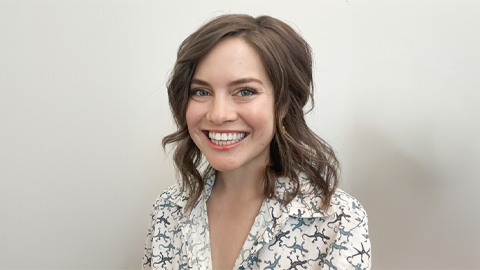
Bakers and mentors help a MOSAIC scholar change her life
Joanna-Lynn Borgogna studies the vaginal microbiome, the metabolome and the development of gynecological disorders in reproductive-aged women.
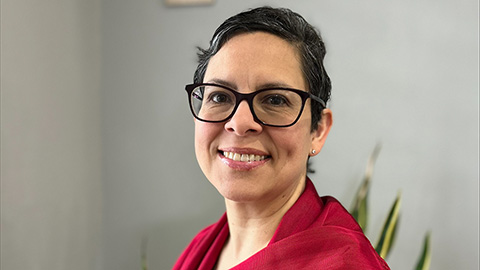
Swapping stethoscope for pipette to understand diabetic retinopathy
MOSAIC scholar Emma M. Lessieur Contreras is inspired by the work of her ophthalmologist father.
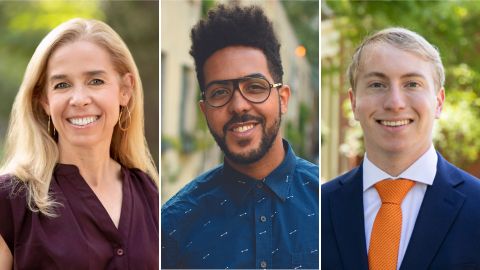
Honors for Lemon, Silva and Brownlee
Awards, promotions, milestones and more. Find out what's going on in the lives of ASBMB members.
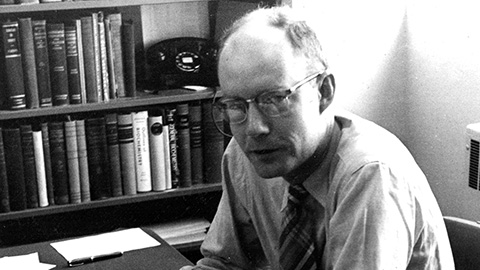
In memoriam: Daniel Atkinson
He was an emeritus professor of chemistry and biochemistry at UCLA and a member of the American Society of Biochemistry and Molecular Biology since 1957.
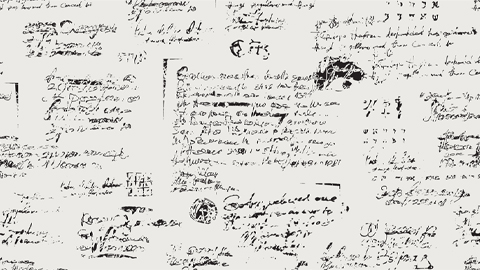
Notebook scribbles to synthesis pathways
The discipline Kendrick Smith learned as a musician helps him stay focused at the bench.
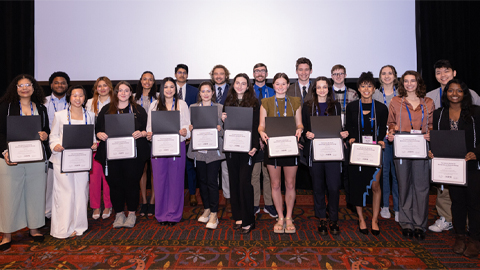
ASBMB inducts new honor society members
Chi Omega Lambda, which recognizes exceptional juniors and seniors pursuing degrees in the molecular life sciences, has 31 inductees in 2024.

